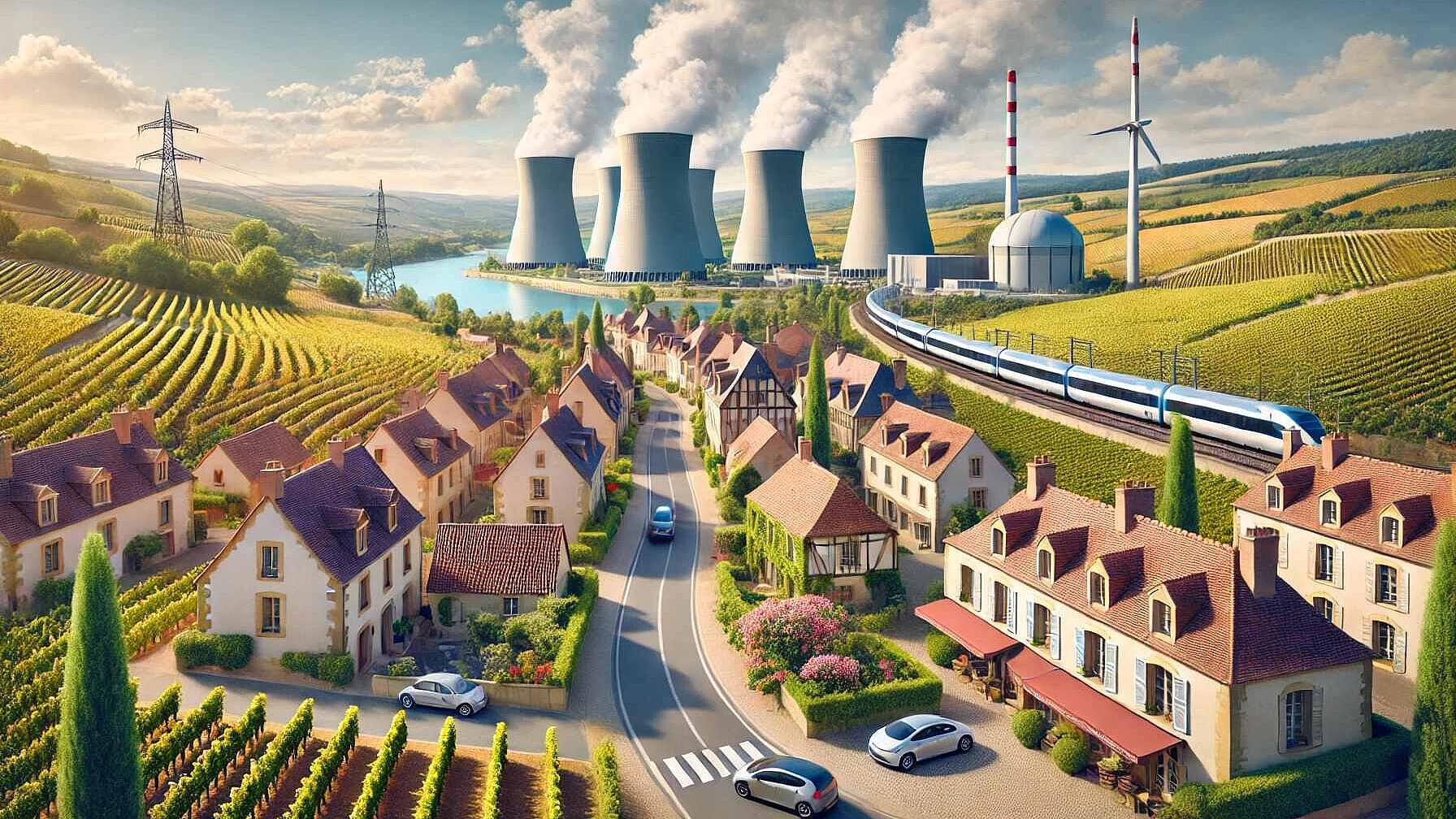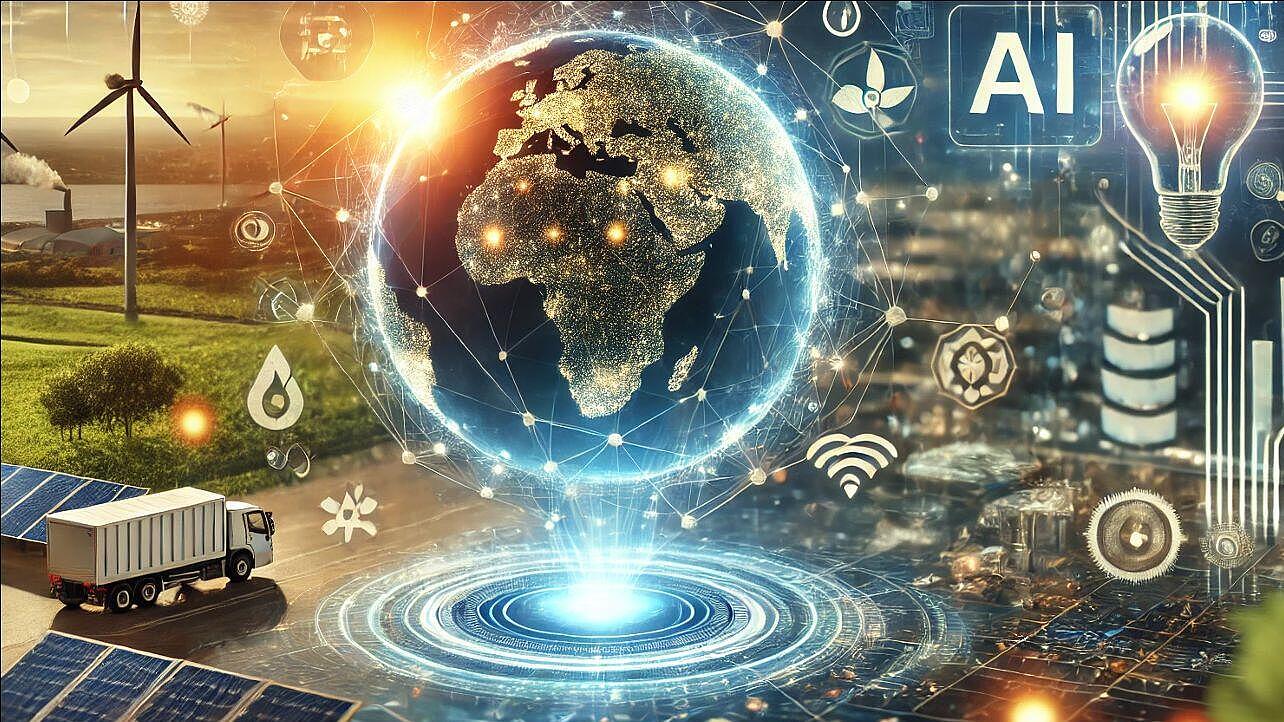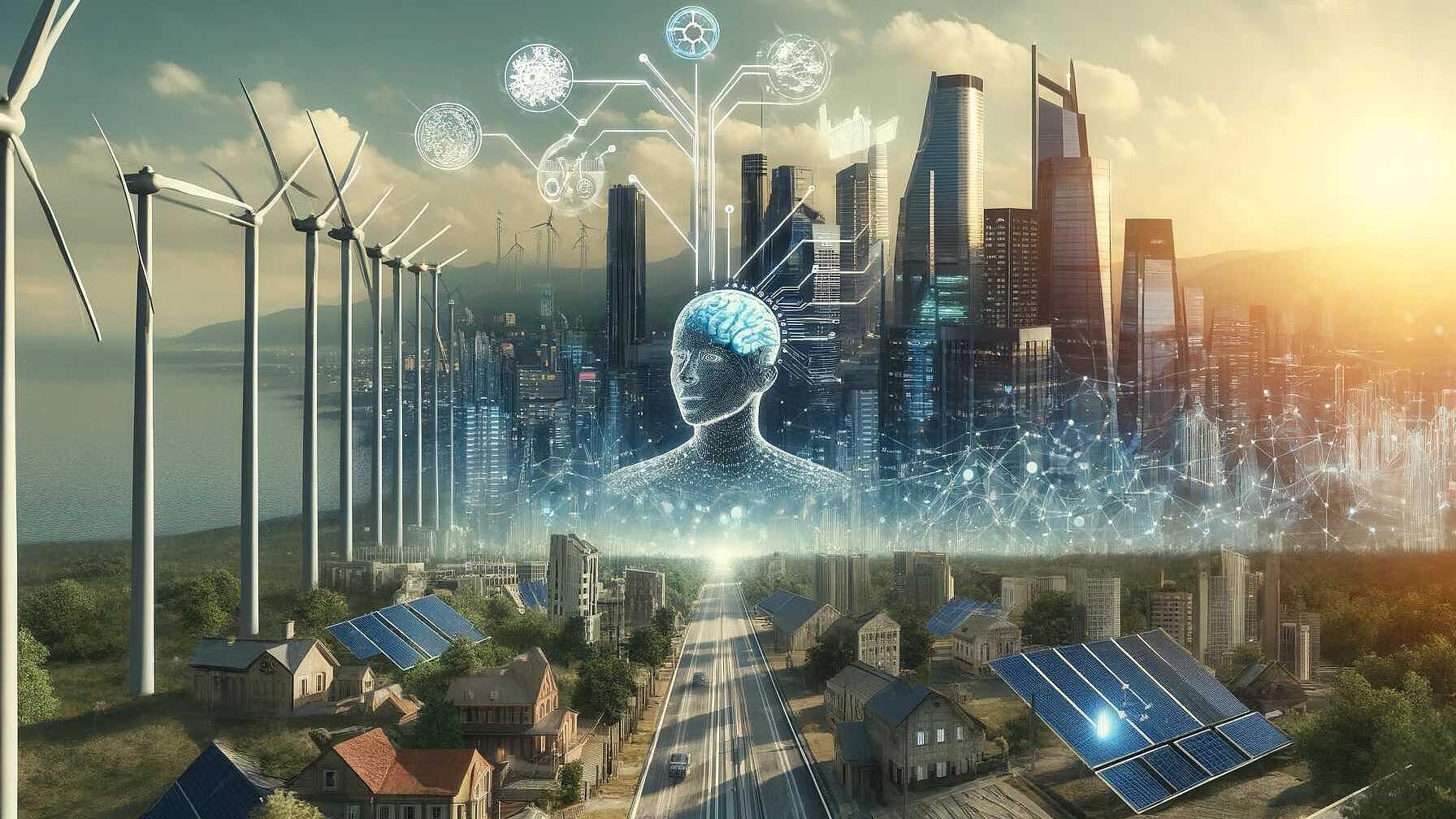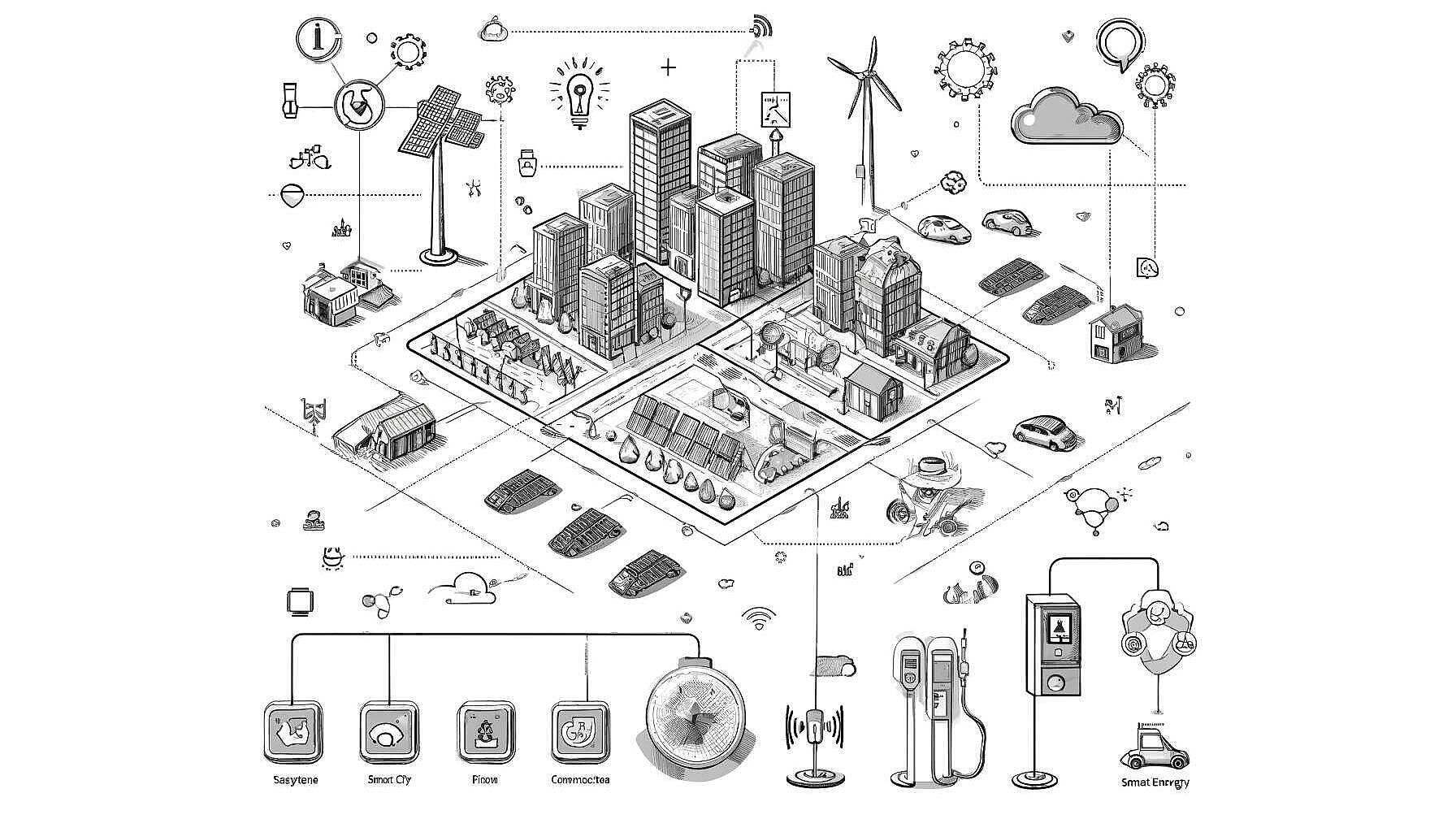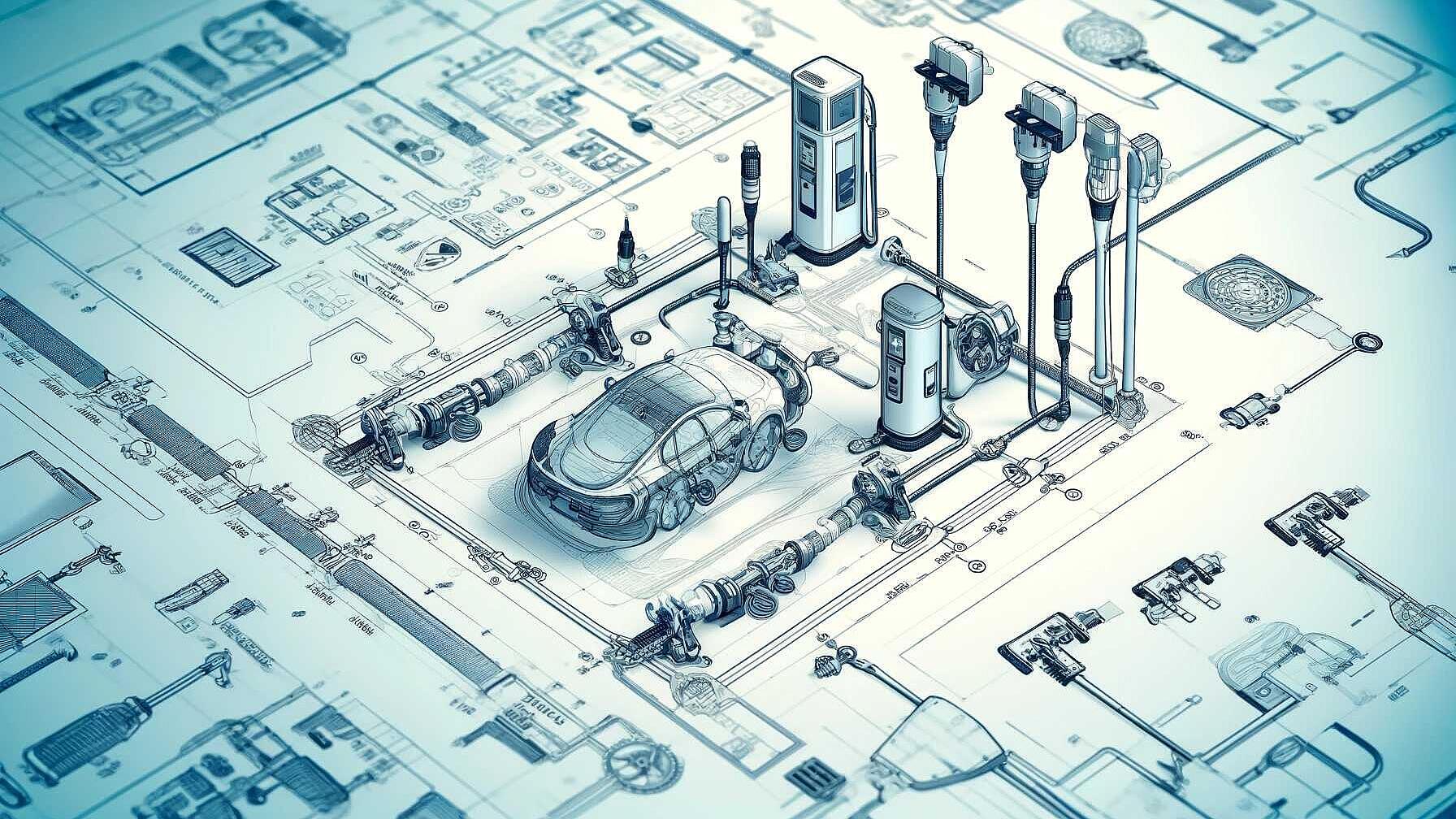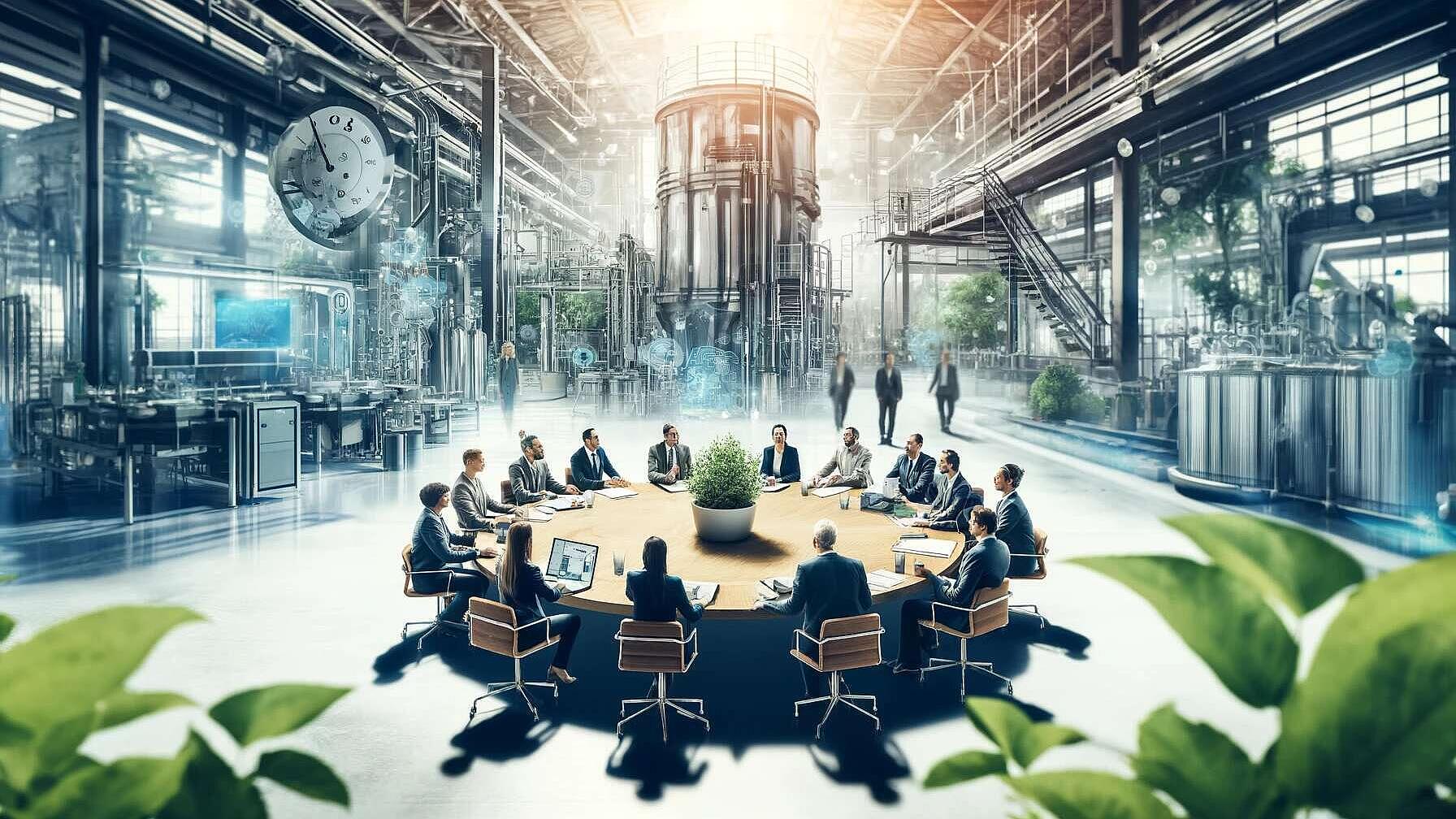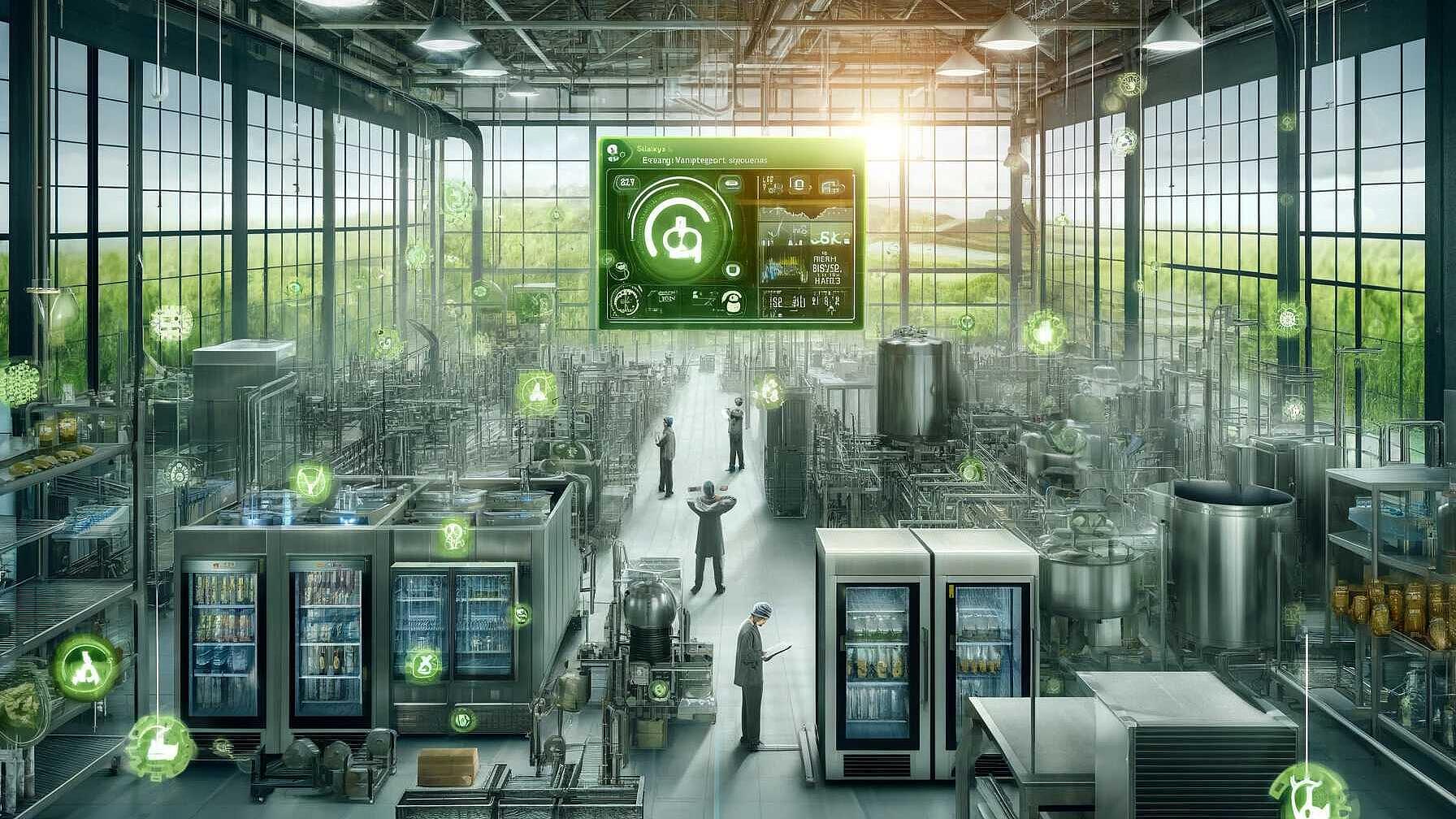 Artigos
ArtigosJuly Quiz OPEN - EnerWhizz: The Electrifying New Mobile Quiz from EEIP
The EEIP has launched EnerWhizz, a mobile quiz game designed to educate users on energy innovation and reward them with prizes. This game, based on the EENOVA project, consists of rapid 45-second rounds with binary answer options. Players accumulate points, with the monthly top 50 earning rewards like eco-friendly products and energy-saving devices. Future versions aim to incorporate skill points exchangeable for smart objects and a Pro League with monetary rewards. EnerWhizz, as a Progressive Web App (PWA), is accessible on multiple devices, particularly mobile, and offers gameplay continuity with full account creation. Available in 12 languages, it caters to a broad audience interested in energy topics. Prize eligibility requires a complete account and valid address within EU. The EnerWhizz quizzes from June to August will feature content related to the EU-co-funded EENOVA project.
Leer Artigo completoAnalysis of the Front National 2024 Program and Its Potential Impact on Financing the Energy Transition
The Rassemblement National's 2024 program prioritizes nationalistic policies, with an emphasis on nuclear power, potentially hindering renewable energy development. The program's focus on traditional energy sources may lead to regulatory changes, affecting investor confidence and France's alignment with EU goals. This could result in tensions with the EU, reduced funding, and a slowed energy transition.
Leer Artigo completoEEIP Leads the Way in Transparent and Responsible AI Use
EEIP's AI policy emphasizes transparency, ethical behavior, and data protection, aligning with EU guidelines to foster trust and drive responsible AI in the energy sector for sustainable, innovative solutions like CircularPSP and DMaaST, within regulatory compliance.
Leer Artigo completoThe Economic Impact of AI on Energy Transition: Financial Institutions at the Forefront of a Green Revolution
AI accelerates the global energy transition by optimizing grid operation, predictive maintenance, and energy efficiency, advancing R&D, and enhancing energy trading strategies, attracting investment and job creation, with associated financial opportunities and risks.
Leer Artigo completoRevolutionizing Urban Living: Insights from the STARDUST Project
The STARDUST project exemplifies sustainable urban transformation through smart integration in energy, mobility, and ICT in "lighthouse" and "follower" cities, focusing on renewable infrastructure, innovative technologies, regulatory adaptability, stakeholder engagement, and novel business models to foster replicable sustainable city initiatives.
Leer Artigo completoTransforming the Grid: Electric Vehicles as Key Players in the Energy Landscape
The "Solution Booklet: Electric Vehicles and the Grid" discusses the increase of EVs in Europe, the necessity for robust charging infrastructures, strategic city planning for EV integration, technical, societal, and governance aspects of smart charging and V2G technologies, as well as innovative solutions and economic considerations for successful EV and energy grid synergy.
Leer Artigo completoThe Great EENOVA Adventure: Benny the Baker's Wacky Quest for Energy-Smart Snacks!
FUN STORY: The EENOVA project enhanced energy efficiency in Foodville's food processing industry through whimsical roundtables, innovative audits, practical solutions, policy recommendations, celebratory events, skill training, and humorous communication strategies, leaving a sustainable and competitive legacy.
Leer Artigo completoThe Mechanics of Ceramics: How the Industry Can Decarbonize
The ceramics industry in Europe has made significant progress in energy optimization, cutting consumption by half in 25 years. Challenges persist, including reliance on carbon-emitting methane burners and raw material imports. Innovations and regulatory measures aim to decrease emissions and resource waste, promoting sustainable manufacturing across the sector's 338,000 jobs and €27.8 billion contribution to the EU economy.
Leer Artigo completoInnovative Energy Efficiency in the European Food and Beverage Industry: A Holistic Human-Centered Approach
The INDUCE project under Horizon 2020 promotes energy efficiency in the European food and beverage sector with a human-centered design approach. Its methodology, validated by pilot programs, combines technical, behavioral, and cultural changes for sustainable energy practices, targeting broad industry application and energy savings.
Leer Artigo completoEnergy Insights: The Secret Sauce for the Food and Beverage Industry
The paper outlines how food and beverage companies can use Energy Management Systems to cut costs, increase efficiency, and promote sustainability by using real-time data and predictive maintenance, bolstered by IoT and smart sensor technology.
Leer Artigo completo
